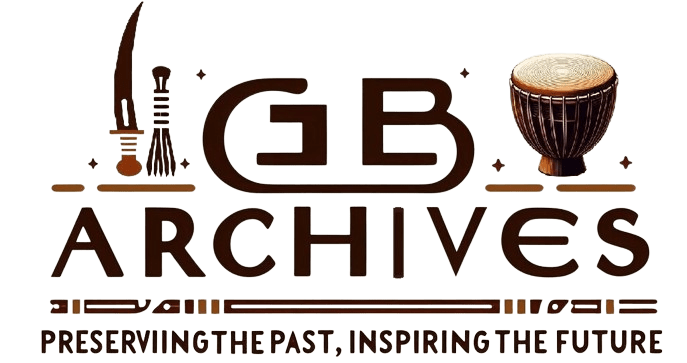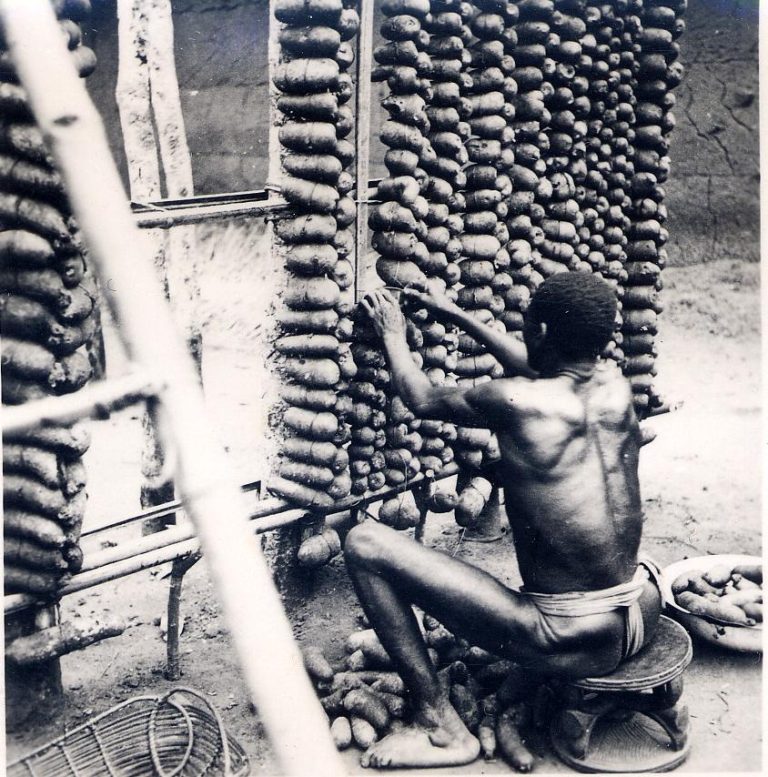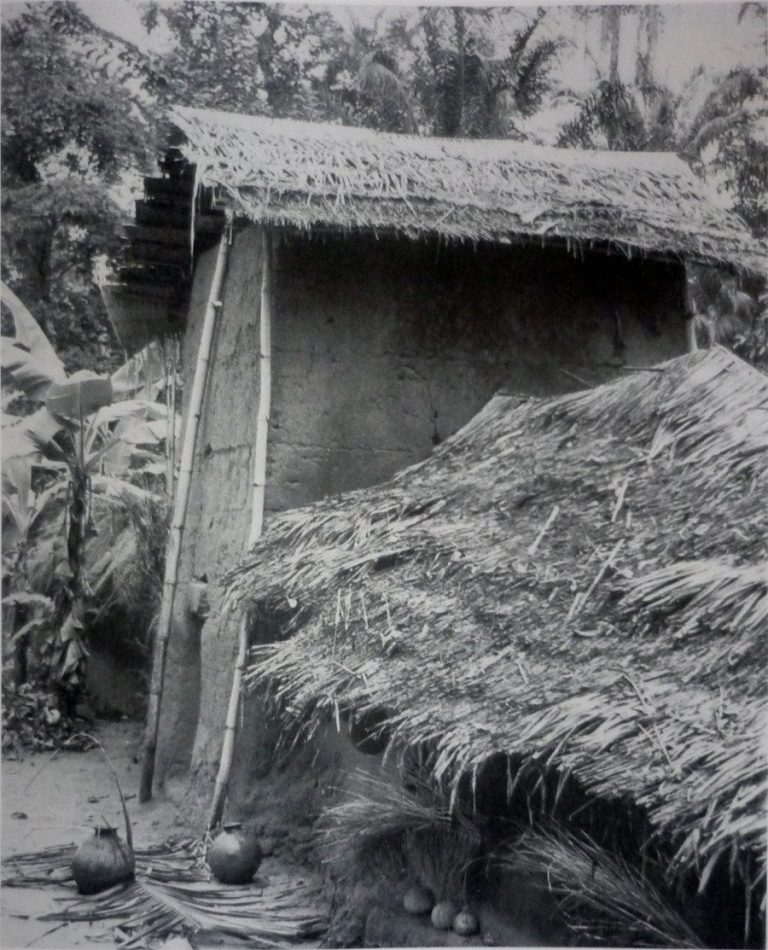The traditional architecture of the Igbo people in southeastern Nigeria is a reflection of their rich cultural heritage and practical needs. These houses are not just dwellings but are imbued with cultural, social, and spiritual significance.
Structure and Materials
Traditional Igbo houses are typically constructed using locally available materials such as mud, timber, and raffia or palm stems. Mud walls provide excellent insulation against the tropical heat, while thatched palm leaf roofs are both practical and abundant in the region.
Compound Layout
Igbo houses are often part of larger family compounds, which include multiple buildings enclosed by a wall or fence. These compounds foster communal living and support extended family structures, with separate quarters for the head of the family, wives, children, and sometimes in-laws.
Decorative Elements
One of the most striking features of traditional Igbo houses is their decorative elements. The walls are adorned with intricate carvings and vibrant paintings, serving as a symbolic language that conveys various aspects of Igbo life, such as social status, spiritual beliefs, and historical events.
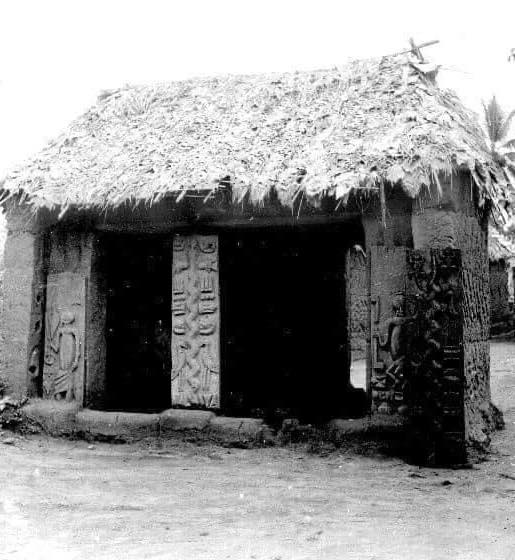
Cultural Significance
The carvings and paintings on Igbo houses often depict deities, ancestors, and scenes from daily life. These artistic expressions bridge the physical and spiritual worlds, allowing the Igbo people to connect with their ancestors and the divine. They also function as historical records, preserving the traditions and values of the community for future generations.
Social Hierarchy
The complexity and richness of the decorations on an Igbo house can indicate the social status of the inhabitants. More elaborate designs are typically found on the homes of wealthy or influential individuals, such as village leaders or successful merchants. Simpler designs are more common in the homes of families with modest means.
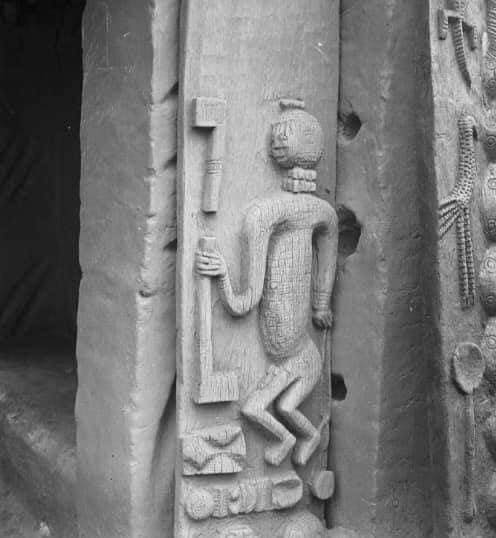
Evolution and Modern Influence
With the advent of colonialism and globalization, traditional Igbo architecture has undergone significant changes. Many modern Igbo houses now incorporate elements of Western architecture, such as concrete walls and metal roofs. However, there is a growing movement to preserve and revive traditional building techniques and designs as a way to maintain cultural identity.
We’d love to hear your thoughts! What aspects of traditional Igbo architecture fascinate you the most? Share your insights and experiences in the comments below!
Explore Further
To explore this topic in more depth, we recommend these books reviewed on our website. Each one offers unique insights into traditional Igbo architecture.
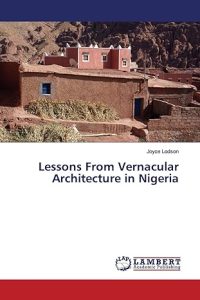 Recommended Books
Recommended BooksTitle: Lessons From Vernacular Architecture in NigeriaAuthor: Joyce LodsonPublisher: LAP LAMBERT Academic PublishingPublication Date: February 15, 2019Format: Paperback, 56 pagesISBN-10: 6139450047ISBN-13: 978-6139450046 Overview “Lessons From Vernacular Architecture in Nigeria” by Joyce Lodson is a concise exploration of vernacular architecture practiced by two ethnic groups in Nigeria: the Hausas and the Igbos. The book delves into […]
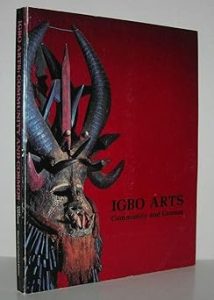 Recommended Books
Recommended BooksTitle: Igbo Arts: Community and CosmosAuthors: Herbert M. Cole, Chike G. AniakorForeword: Chinua AchebePublisher: Univ of California Museum of Cultural HistoryPublication Date: January 1, 1984Format: Paperback, 238 pagesISBN: 978-0930741013 Overview “Igbo Arts: Community and Cosmos” by Herbert M. Cole and Chike G. Aniakor is a comprehensive examination of Igbo art, culture, and community life. With […]
Discover more from Igbo Archives
Subscribe to get the latest posts sent to your email.
